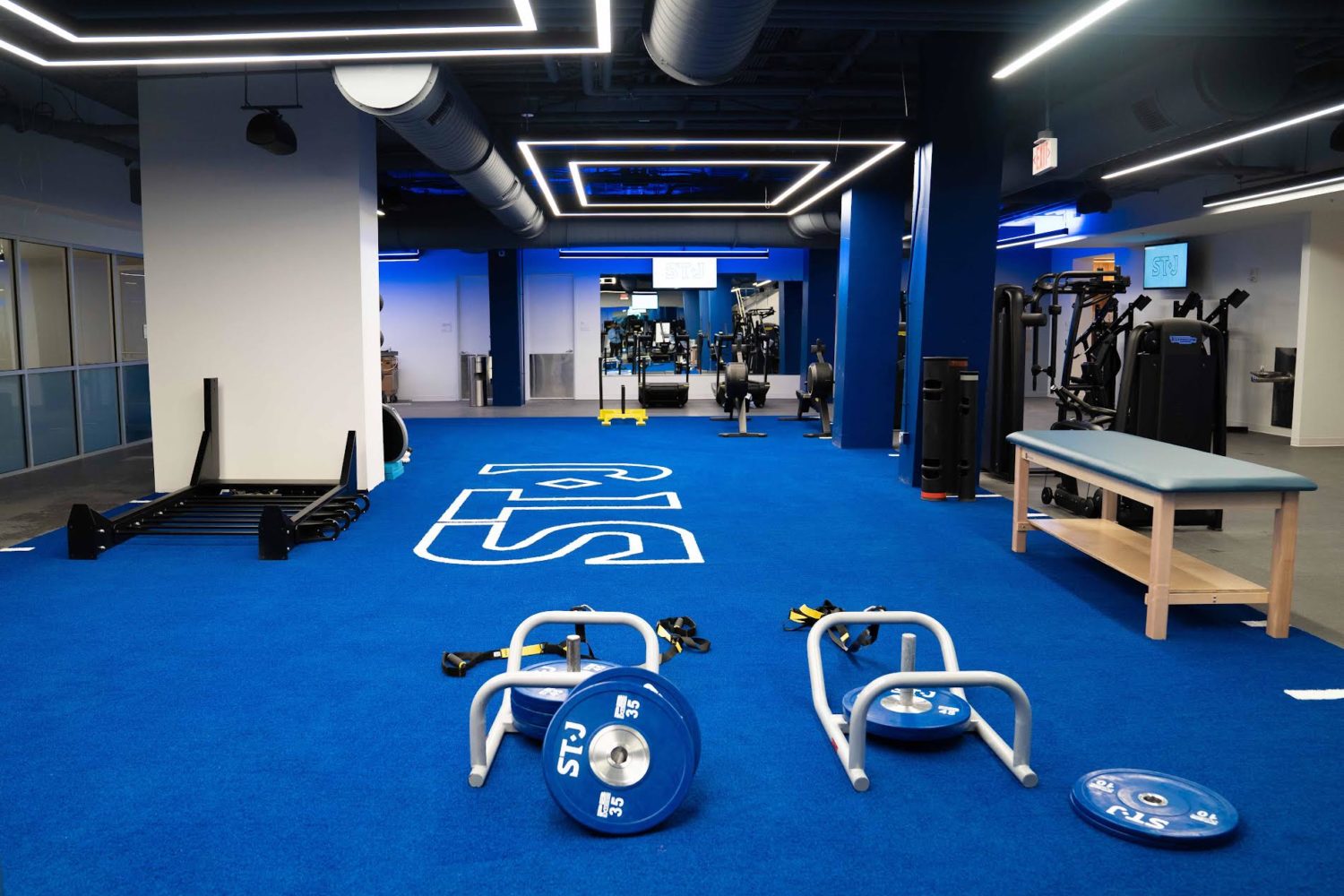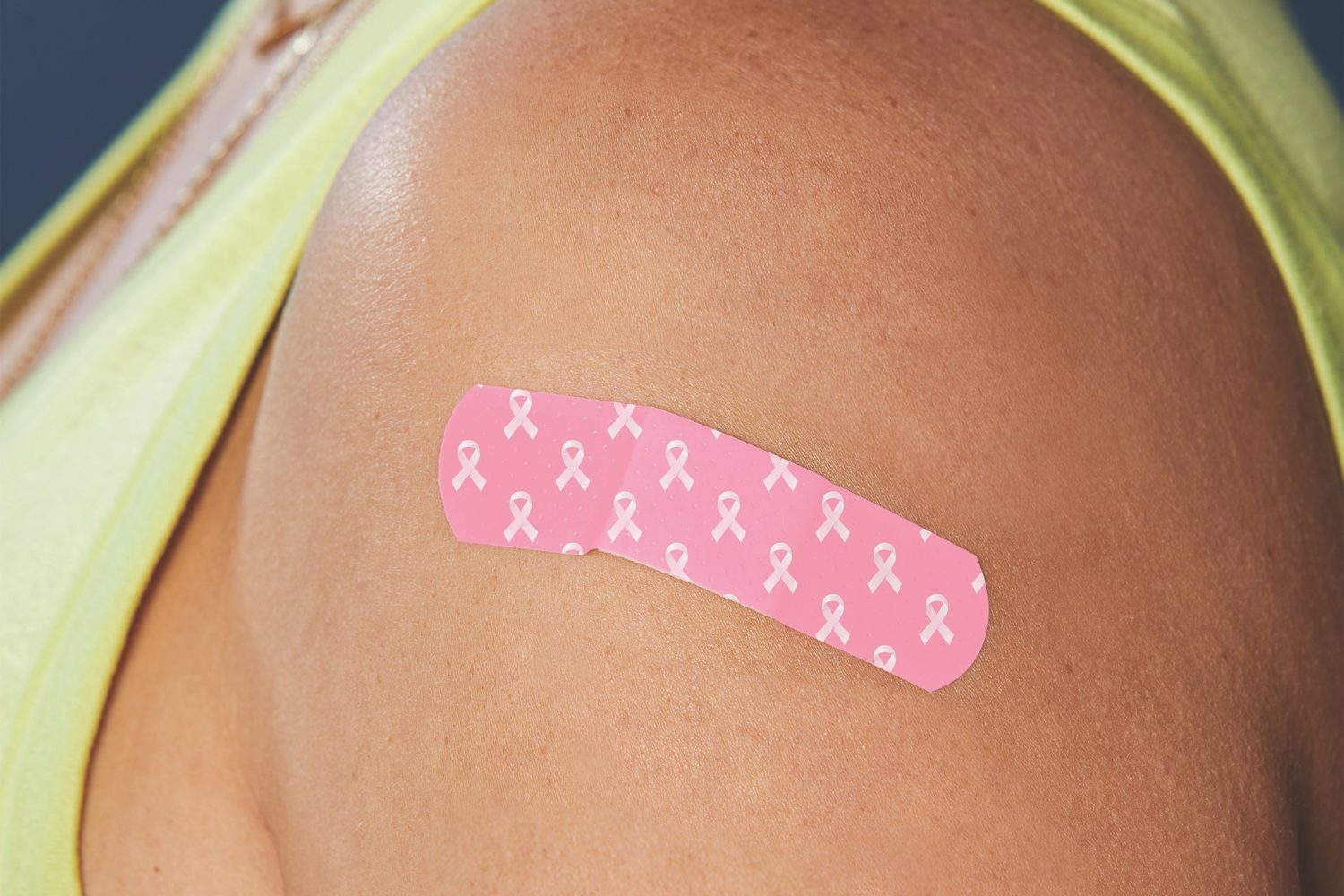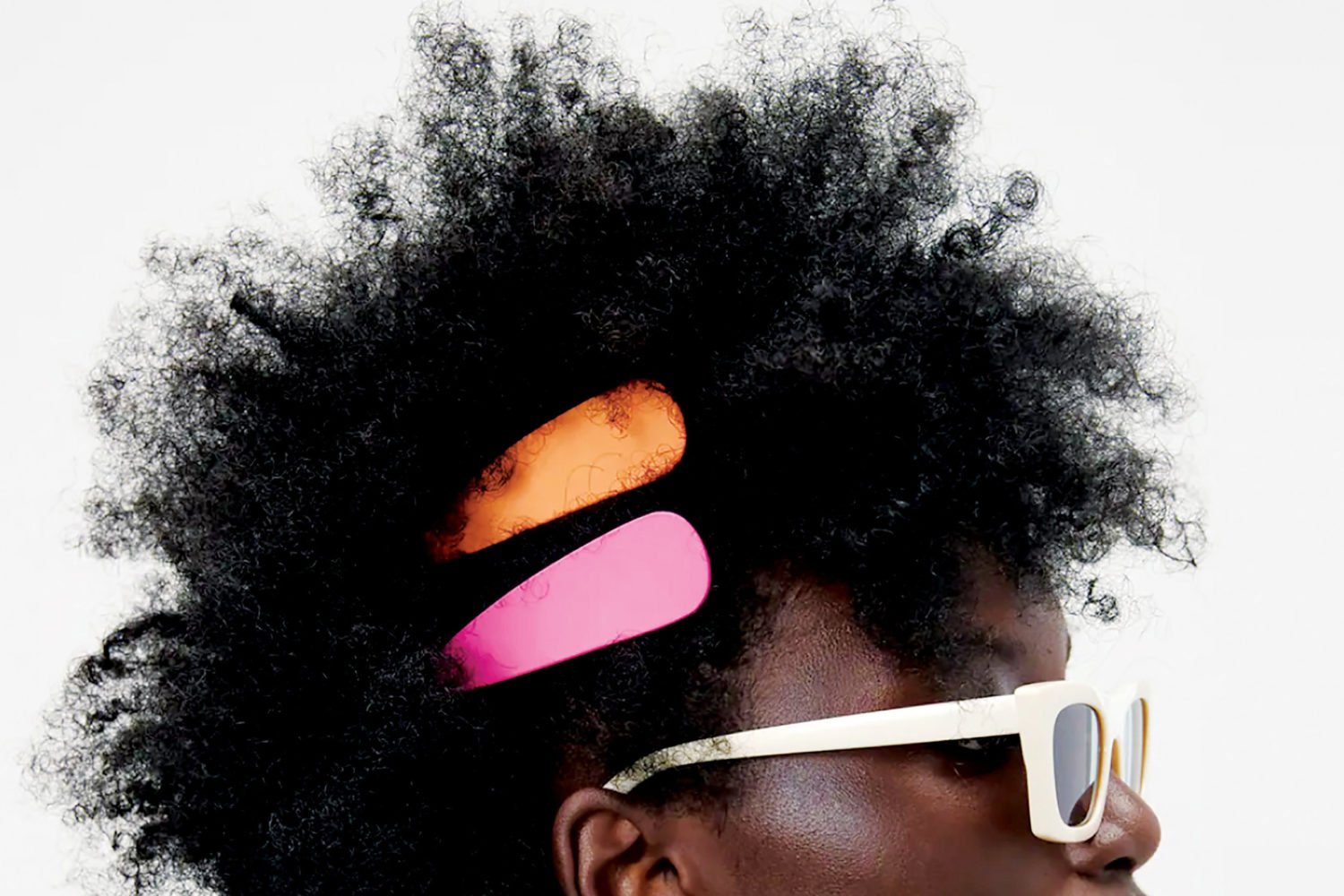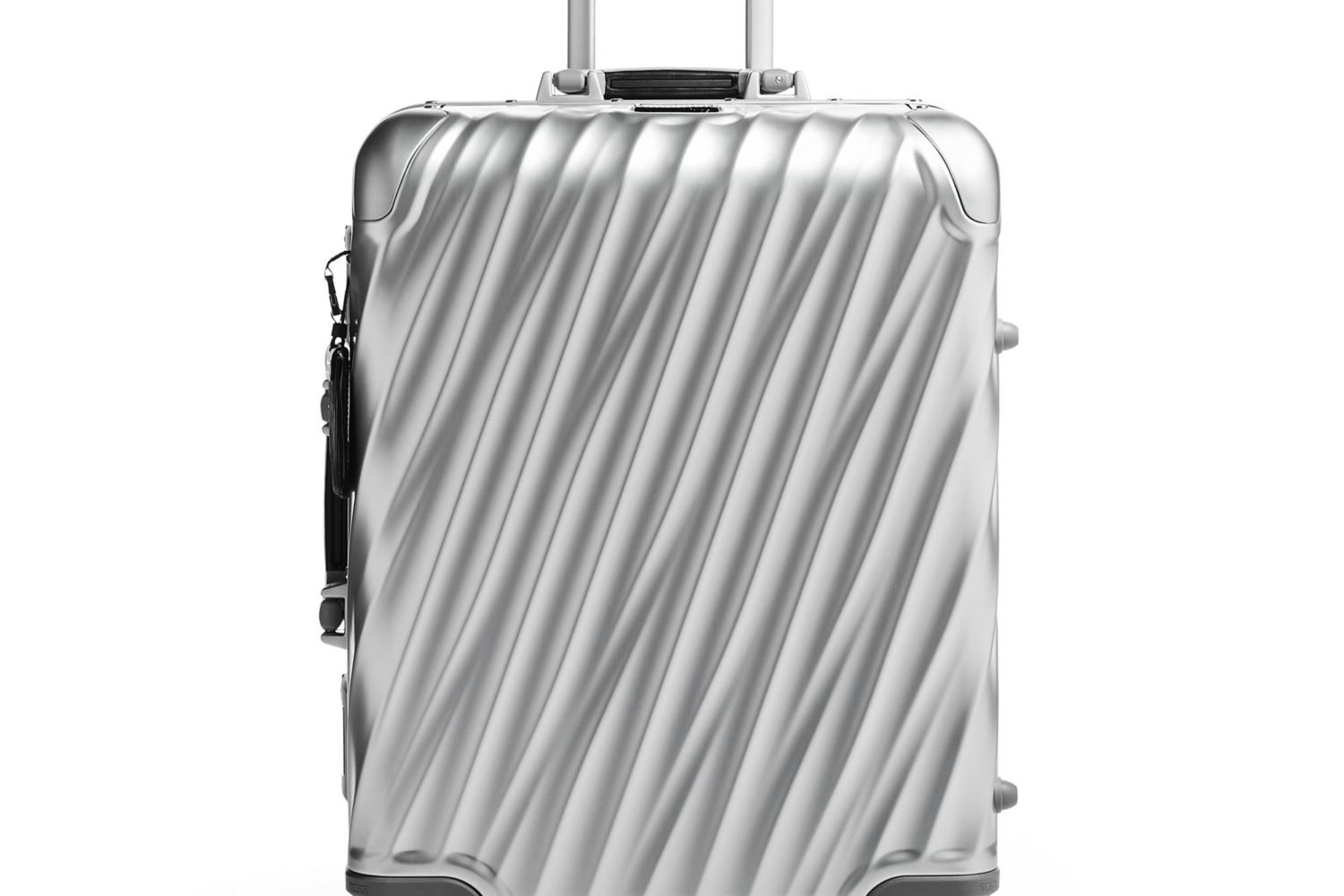People in their thirties fall into a gray area when it comes to their health. They’re too young to be at high risk for most diseases, but they shouldn’t take their health for granted.
Michael Amedeo, an internist in Arlington, tells people in their thirties to come in for a physical “on the fives”—at 30, 35, and 40. DC internist Bryan Arling has an easy-to-remember formula for how often patients should see a doctor: “Two times in your twenties, three times in your thirties, four times in your forties, five times in your fifties, and annually after that.”
During those visits, patients should ask whether their immunizations are up to date. Doctors say thirtysomethings often had their last tetanus shots when they were heading off to college. Because tetanus shots should be given every ten years, these patients often need to be revaccinated.
A new tetanus vaccination called Tdap was licensed in 2005. In addition to tetanus, it protects patients from diphtheria and pertussis, or whooping cough, which is becoming common again.
Whether at a doctor’s office, workplace, drugstore, or supermarket, thirtysomethings should get a flu shot every year, doctors advise.
Robin Merlino, an internist in Fairfax, checks a patient’s blood pressure, heart rate, weight, vision, and hearing during a routine physical. A lipid profile, urinalysis, and complete blood count help uncover abnormalities such as high cholesterol or anemia. Depending on sexual history, patients in their thirties may do well to be screened for sexually transmitted diseases.
Dr. Arling also recommends a comprehensive metabolic panel, which checks kidney and liver function; a creatine kinase test to measure muscle enzyme proteins; a thyroid-stimulating hormone test, which checks thyroid function; and a vitamin-D test.
“The patient can set the format for the visit,” says Dr. Arling. “If you have questions, ask them.”
Women in their thirties should visit their gynecologist once a year for a breast and pelvic exam and Pap smear, which includes a check for cervical cancer. Although every adult should have a relationship with an internist or general practitioner, gynecologists are becoming the primary-care physician for many women.
For those who don’t regularly see another doctor, the annual visit to a gynecologist should include height, weight, heart rate, and blood-pressure measurements. “At least once or twice in their thirties, women should be getting their full blood work done,” says Amy Byer, a Rockville gynecologist.
Thirtysomething women often are deciding if and when to have children, which may lead to discussions of genetic testing. Says Dr. Byer, “Depending on heritage and family history, a woman may want to test to see if she is a carrier for cystic fibrosis, sickle cell anemia, or other diseases.”
There’s some debate in the medical community about when women should begin having annual mammograms. The American Cancer Society recommends age 40 and says patients should talk to their doctor about starting earlier if they are at high risk for breast cancer.
DC internist Matthew Parker says all women should have a baseline mammogram at age 35, then a mammogram every year or two beginning at age 40.
Glenn Fuchs, a dermatologist who practices in Arlington and the District, says that everyone, regardless of complexion and risk factors, should have a full body exam in the early thirties. If he sees no suspicious-looking moles or other signs of melanoma, Fuchs says thirtysomethings can come back every five to ten years for a skin checkup. Patients at higher risk—those with a family history of skin cancer, fair skin, a history of childhood sunburns, or a lot of moles—should come in more often.
Thirtysomethings also should visit a dentist twice a year for cleaning and screening for cavities and gum disease.
“None of it is really exciting or sexy,” Dr. Merlino says of checkups for most people in their thirties. “The most important thing is sitting down and talking about lifestyle.” The doctor should talk with you about your stress level and diet and exercise habits. He or she will find out if you are a smoker and tell you to drink alcohol in moderation.
“We try to reverse bad habits,” says Dr. Amedeo. “It’s good every so often to submit yourself to scrutiny.”
This article first appeared in the March 2009 issue of The Washingtonian. For more articles from that issue, click here.


















